MnATSA History
MnATSA
Our History
The first MnATSA planning meeting took place in early 1995, with the chapter being formally established in August of that year. The founding board members were Janis Bremer, Jan Amberson, Bill Crew, Alan Listiak, Dave Compton, and Steve Sawyer. Since 1997, MnATSA has held a successful annual conference every year and has sponsored various specialized training seminars, including a foundational program on sex offender assessment and treatment for professionals.
In 2001, MnATSA produced an informational video on sexual abusers and the treatment of sexual abusers, which was distributed to libraries throughout the state. Additionally, MnATSA played a key role in launching Stop It Now, Minnesota, a child sexual abuse prevention program. The organization has also supported Minnesota non-profits that align with MnATSA’s mission and goals.
Your Trusted Resource for Sexual Abuse Prevention and Intervention
MnATSA serves as an information portal on sexual abuse prevention and intervention for professional colleagues, policymakers, and the public across the state.
MnATSA Board Members
Paul Rodriguez, MA
President
Minnesota Sex Offender Program
Rosemary Munns, PsyD
Past President
Rosemary Munns PLLC
Kelly Cornell, MA
Secretary
Alpha Emergence Behavioral Health
Kristin Dehrkoop, MS, MSW
Treasurer
Minnesota Sex Offender Program
Matt Zamastil, MA
Courtney Menten, MS
Riki Kravitz, MA
Retired
Kathryn Lockie, MA
MnATSA Committees
The MnATSA Conference Planning Committee
Responsible for organizing the annual MnATSA conference, one of the largest ATSA state chapter conferences in the nation. This volunteer-run committee consists of two chairs and 10 members with various backgrounds and expertise who select keynote and pre-conference speakers, review and select workshops, edit the conference brochure, and, with the assistance of the paid conference coordinators, attend to the many details necessary to guarantee a successful conference (e.g. ensuring audiovisual equipment works, conference folders are organized, registration is efficient, Power Points are available in each room, etc…).
The MnATSA Training and Community Outreach Committee
Created in 2016 to provide training outside of the annual MnATSA Conference with a special emphasis to serving those who live outside of the Twin Cities. To date one training has been provided in Duluth, and the task force intends to provide additional trainings in Rochester, Willmar, and the Brainerd/Bemidji area. These trainings will be free to MnATSA members and will be provided to non-MnATSA members at a nominal fee.
Education and Public Policy
The MnATSA Education and Public Policy Committee purpose is to provide information, education and guidance on best practices related to the evaluation, treatment, and management of individuals who have sexually abused or are at risk to sexually victimize others. The Education and Public Policy Committee works to accomplish these goals by identifying, monitoring, and responding to trends, issues and concerns related to public attitudes/policies and laws for individuals who have sexually abused or are at risk to sexually abuse.
Resources

For Professionals
Explore job postings, grants, and specialized trainings right here in Minnesota. Empower your practice, stay informed, and find opportunities for growth.

For The Public
Seeking treatment programs or need assistance? We've compiled essential resources for you. Discover treatment programs and valuable support to navigate the journey towards healing

